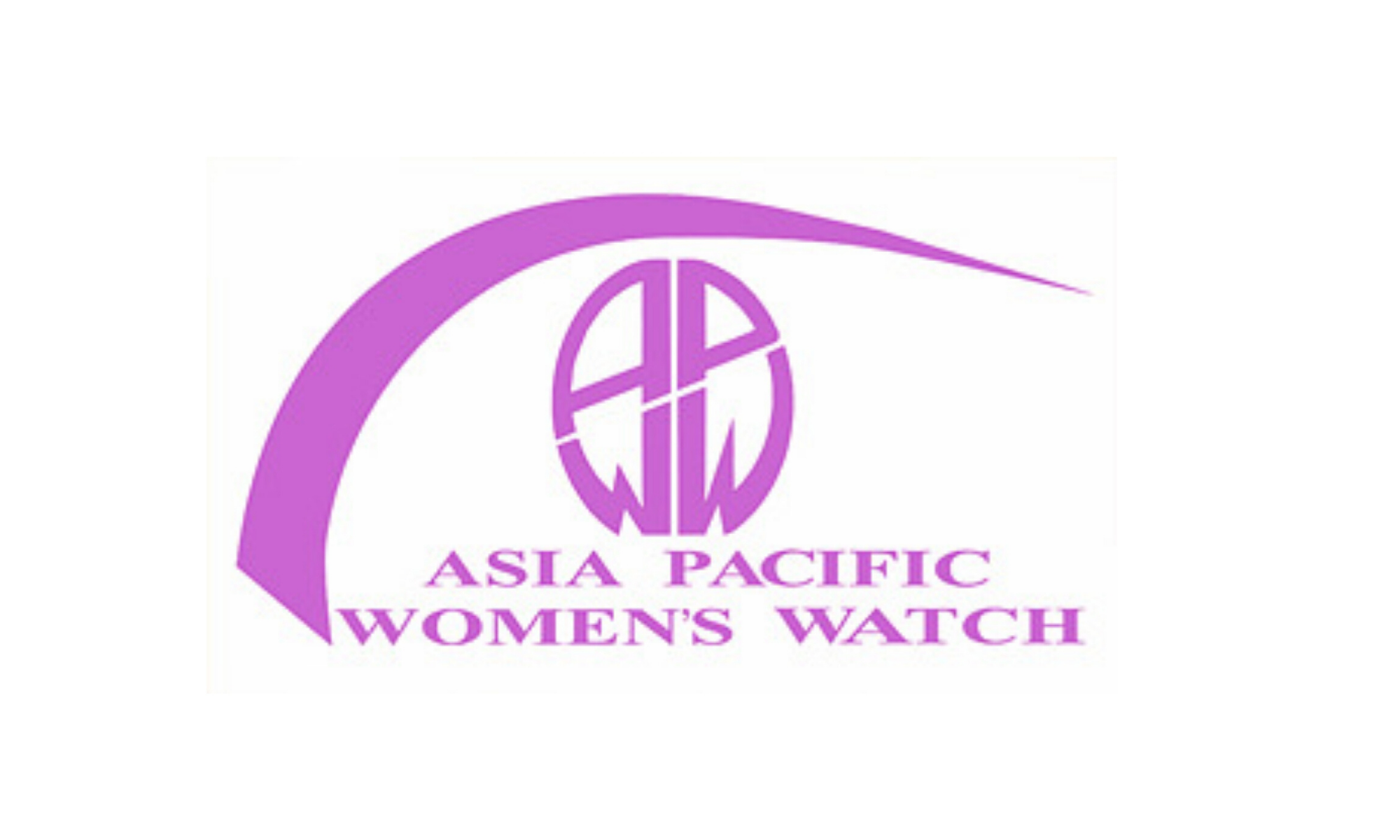
APWW along with other members of the RCEM and women from the CSO CSW 68th Forum (held 4-5 February, 2024 in Bangkok) attended the ESCAP High Level Government Regional Consultation on the Priority Theme of the 68th Session of the Commission on the Status of Women (CSW). The Meeting held in Bangkok was attended by Government Representatives from the Asia Pacific Region, however, it was disappointing to see so few Government representatives in the room (some were attending virtually for part of the meeting) others presented in the meeting others contributed to the Consultation outside of the meeting.
UN Secretariat members, funds, programs and specialised agencies attended, along with Intergovernmental Organisations, Asia Development Bank, Pacific Islands Forum Secretariat (PIFS). Approximately 67 civil society organisations were in attendance.
There were 3 thematic sessions :
- Developing economic and social policies to address gendered poverty
- Fiscal space and mobilizing financing for strategies to end women’s poverty
- New development strategies : toward caring, green economies
Followed by a Session on the Beijing Declaration and Platform for Action (BPFA) + 30 Review. This session was a presentation of work to date and overview of the process.
Civil Society Representatives were able to present to the meeting for both the opening session and the following 3 thematic sessions.
The report, including key recommendations from Government and CSOs can be found here: CSW68 AP Regional Consultation Report


